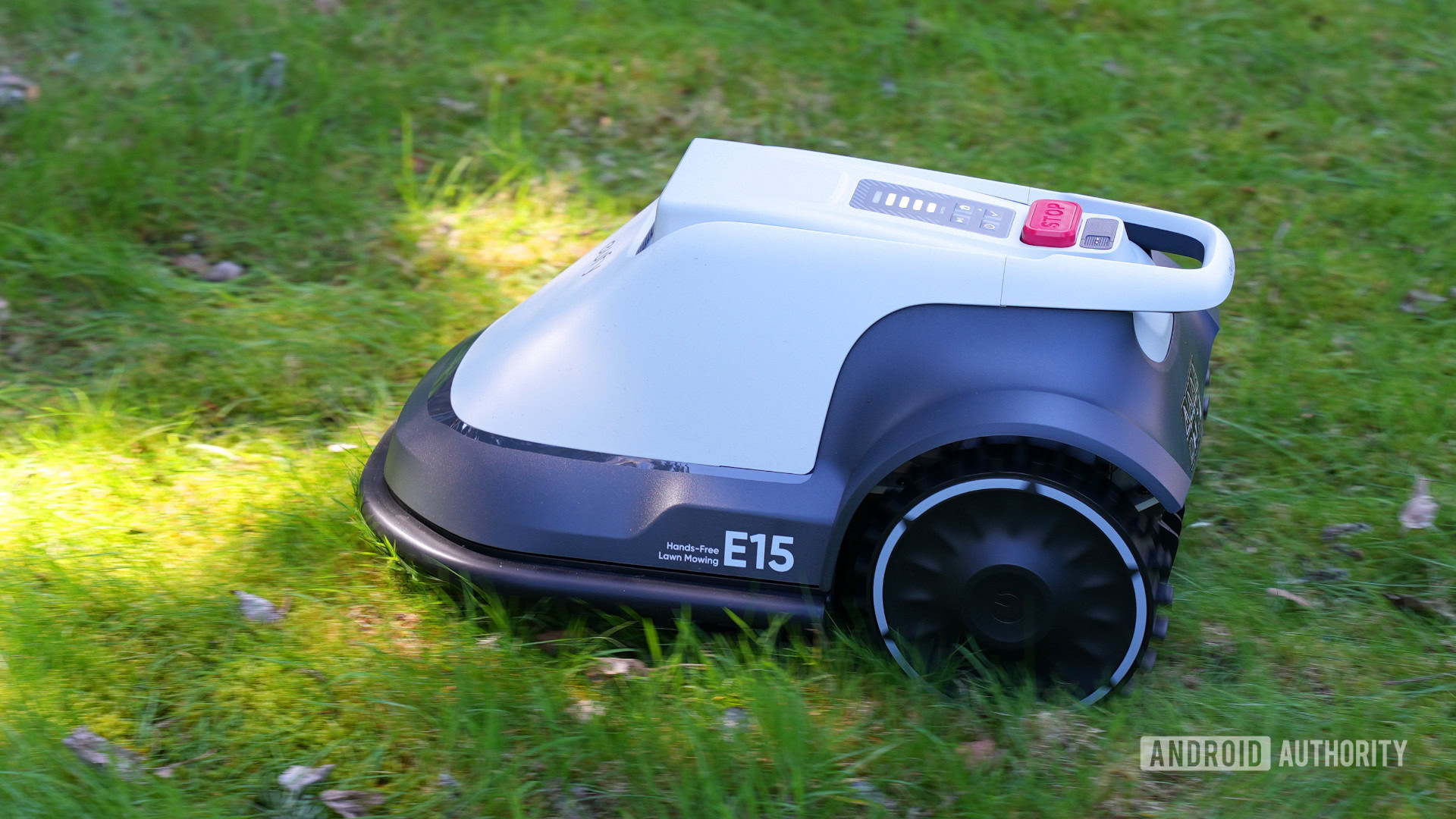The Best Acne Treatment for Sensitive Skin
Best Acne Treatment in Dubai UAE & Abu Dhabi can be done with lasers, injections, light therapy, and chemical peels at the Royal Clinic. Call now to make an appointment.

Acne can be a frustrating skin condition, especially when you have sensitive skin. For those with delicate skin, finding the right treatment that addresses acne without causing irritation or inflammation is crucial. In this article, we'll explore the best Acne Treatment Dubai for sensitive skin, focusing on gentle yet effective methods to combat acne without aggravating your skin's sensitivity.
Understanding Sensitive Skin and Acne:
Sensitive skin is more prone to irritation, redness, and inflammation. It reacts to external factors like harsh weather, skincare products, and certain ingredients, making acne treatment a bit more challenging. For individuals with sensitive skin, acne can manifest as pimples, blackheads, and whiteheads, but it may also lead to more severe reactions like burning, stinging, or dryness.
To effectively treat acne on sensitive skin, it’s essential to choose products and treatments that soothe and calm the skin while targeting the root causes of acne. These causes can include excess oil production, clogged pores, bacteria, and inflammation.
Key Considerations for Acne Treatment on Sensitive Skin:
Before delving into specific treatments, it's essential to understand what makes acne treatments effective and safe for sensitive skin:
- Gentle Formulations: Avoid harsh chemicals, fragrances, or exfoliants that may cause irritation.
- Non-Comedogenic Products: Ensure the product does not clog pores, as this can worsen acne.
- Hydration: Sensitive skin often needs additional moisture to balance the skin's barrier and prevent over-drying.
- Anti-Inflammatory Ingredients: Acne treatments should aim to reduce inflammation and redness without causing further irritation.
Now, let's look at the best acne treatment options tailored to sensitive skin.
Salicylic Acid (BHA) for Acne Treatment:
Salicylic acid, a beta-hydroxy acid (BHA), is a popular acne treatment known for its ability to penetrate deep into the pores, clearing out dead skin cells and excess oil. Unlike more aggressive exfoliants, salicylic acid is gentle enough for sensitive skin, provided it’s used in moderation.
For sensitive skin, opt for a salicylic acid product with a lower concentration (typically around 0.5% to 2%). This will help reduce the risk of irritation while still providing effective acne treatment. It works by reducing inflammation, preventing clogged pores, and keeping acne breakouts at bay.
Best Product Tip:
Look for soothing formulations containing salicylic acid paired with calming ingredients such as aloe vera or chamomile to prevent irritation.
Benzoyl Peroxide (In Lower Concentrations):
Benzoyl peroxide is another highly effective acne treatment that works by killing acne-causing bacteria and reducing excess oil. While it can be quite powerful, it can also be harsh on sensitive skin if used incorrectly. For those with sensitive skin, it’s best to start with lower concentrations, such as 2.5%, and avoid higher-strength formulations.
When using benzoyl peroxide on sensitive skin, consider applying it only to affected areas and using it in combination with a hydrating moisturizer to prevent dryness or peeling. Gradually increasing usage frequency can also help your skin build tolerance.
Best Product Tip:
Choose a gel or cream with benzoyl peroxide that contains soothing agents like vitamin E or glycerin to mitigate dryness.
Retinoids (Retinol):
Retinoids, such as retinol, are renowned for their acne-fighting properties. They help to speed up skin cell turnover, preventing clogged pores and promoting clearer skin. However, retinoids can be irritating, especially for those with sensitive skin. The key is to start slow and use a lower concentration.
Retinoids can also help with hyperpigmentation, a common issue for those who suffer from acne. However, because they can make your skin more sensitive to the sun, it’s essential to use them only at night and pair them with sunscreen during the day.
Best Product Tip:
Opt for a gentle, hydrating retinol cream or serum that includes soothing ingredients like niacinamide to minimize irritation.
Tea Tree Oil:
Tea tree oil is a natural acne treatment with anti-inflammatory and antibacterial properties. It helps reduce acne-causing bacteria on the skin's surface while calming redness and inflammation. For sensitive skin, diluted tea tree oil is the safest approach, as undiluted essential oils can irritate the skin.
Tea tree oil is best used as a spot treatment or in a product that has already been pre-diluted. It’s essential to test it on a small patch of skin first to ensure you don’t have a sensitivity to it.
Best Product Tip:
Look for gentle tea tree oil cleansers or spot treatments, or mix a few drops of tea tree oil with a carrier oil like jojoba oil before applying to your skin.
Niacinamide (Vitamin B3):
Niacinamide, also known as vitamin B3, is a powerhouse ingredient for sensitive skin. It offers anti-inflammatory benefits, which can reduce redness and swelling associated with acne. It also helps to regulate sebum production, which is crucial for preventing future breakouts.
Niacinamide is also a great option for soothing and repairing the skin barrier, which can be compromised by other acne treatments. It’s non-irritating, making it a safe choice for sensitive skin.
Best Product Tip:
Choose a niacinamide serum or moisturizer to use alongside other acne treatments to maintain hydration and calm your skin.
Azelaic Acid:
Azelaic acid is an excellent option for treating acne on sensitive skin. It has antibacterial, anti-inflammatory, and exfoliating properties that help reduce breakouts and brighten the skin. Unlike some harsher acne treatments, azelaic acid is gentle enough for sensitive skin and can help even out skin tone while reducing acne marks.
Azelaic acid is particularly effective for those with rosacea or inflammatory acne, as it targets both acne-causing bacteria and skin irritation. It also works well for those dealing with post-acne pigmentation.
Best Product Tip:
Look for azelaic acid formulations in creams or serums, which can be applied to affected areas without irritating the surrounding skin.
Gentle Cleansers and Moisturizers:
When treating acne on sensitive skin, it's essential to use gentle, non-stripping cleansers. Opt for a fragrance-free, soap-free formula that doesn’t disrupt your skin’s natural barrier. Avoid harsh scrubbing, as it can exacerbate irritation.
After cleansing, always follow up with a moisturizer. Hydrating your skin is crucial when using acne treatments that can dry out the skin. Look for moisturizers that are free from alcohol, artificial fragrances, or strong chemicals, as these can trigger sensitivity.
Best Product Tip:
Choose a calming, hydrating moisturizer with ingredients like glycerin or hyaluronic acid to lock in moisture and support the skin's healing process.
Conclusion:
Finding the best Acne Treatment in Dubai for sensitive skin requires careful consideration of both the acne-fighting ingredients and how they affect your skin's sensitivity. Whether you're using salicylic acid, benzoyl peroxide, or natural ingredients like tea tree oil, always prioritize gentleness and hydration. Remember, the gradual introduction of products and consistency is key to achieving clear, healthy skin without causing irritation.
By combining the right ingredients and products, it’s entirely possible to treat acne while maintaining your skin’s delicate balance. Be sure to consult with a dermatologist to determine which treatments are best for your unique skin needs and to avoid unnecessary flare-ups.
What's Your Reaction?
 Like
0
Like
0
 Dislike
0
Dislike
0
 Love
0
Love
0
 Funny
0
Funny
0
 Angry
0
Angry
0
 Sad
0
Sad
0
 Wow
0
Wow
0
























































